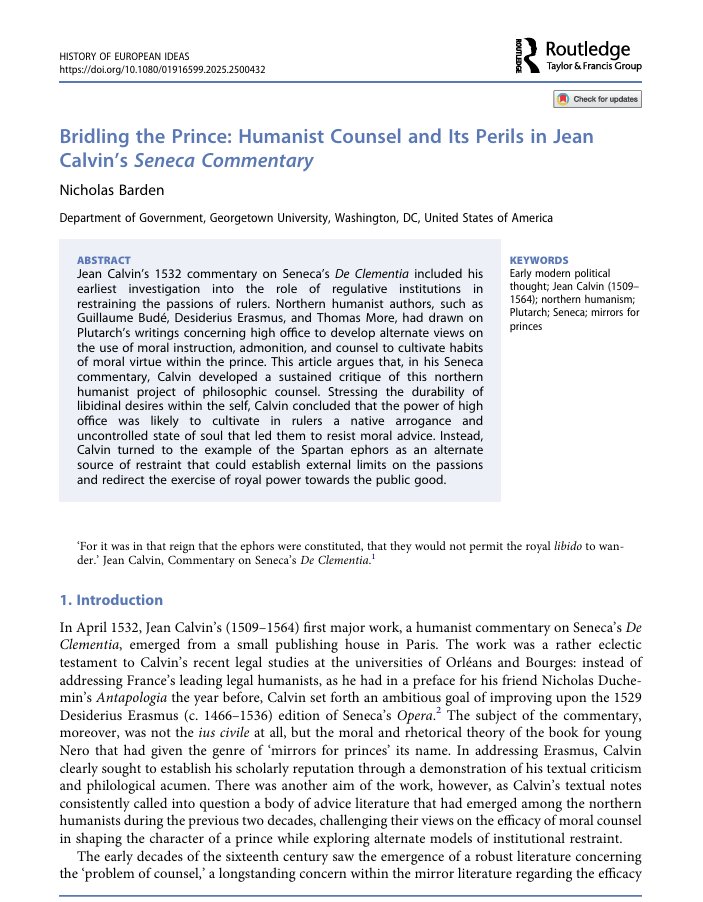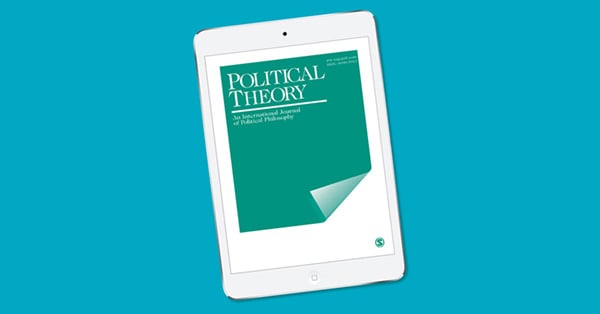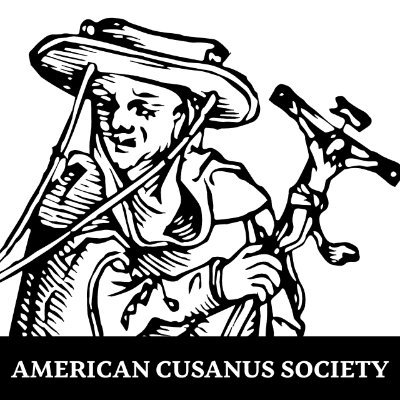
Nick Barden
@NBarden
Followers
649
Following
5K
Media
64
Statuses
498
Ph.D. Candidate. Political theory. @GUGovt. Early modern HPT: Calvin to Bodin.
Washington, DC
Joined March 2009
My article on Jean Calvin's 1532 Seneca Commentary is now published at @HEIjournal. If you're interested in #Calvin's political thought or the problem of counsel, take a look. Link below, and DM me if you don't have access but would like to read it.
7
13
51
RT @esclh: JOURNAL: Journal of the History of International Law/Revue d'histoire du droit international XXVII (2025), nr. 2 (Jun) https://t….
0
2
0
RT @kajokubala: my latest piece is now out (it’s not on hobbes).
journals.sagepub.com
Recent literature has increasingly recognized the historical significance of corporations as not only vehicles for, but also drivers of, political thought. Our ...
0
6
0
RT @tomaashby: After months of back-and-forth drafting, & over 10,000 words of dialogue, I am delighted that this discussion article co-aut….
0
31
0
RT @nick_kapur: It's hard to avoid recalling this passage from the English historian Tony Judt:
0
613
0
Incredible panel topic. The answer is Guillaume Budé.
Check out this Call for Proposals for an @RSAorg roundtable on a pretty thought-provoking question: "Who is the most significantly underappreciated Renaissance philosopher?" Deadline: July 15.
1
1
4
RT @arenda: Read about Government Professor Stefan Eich Wins 2024 Spitz Book Prize at
college.georgetown.edu
The prize is awarded annually for the best book or books in liberal and/or democratic theory published two years earlier.
0
1
0
RT @AntigoneJournal: Now for our latest books give-away: 38 Classics books to be raffled off for free. Just RT this message, follow us, and….
0
938
0
RT @matthenryyoung: In Sophocles' Antigone, Haemon says "good as it is to have infallible wisdom, since this is rarely found, the next best….
0
3
0
RT @mads_lang: Very interesting article on Calvin's criticism of humanist ideas of counsel! Calvin seems to share with Melanchthon the impo….
0
1
0








